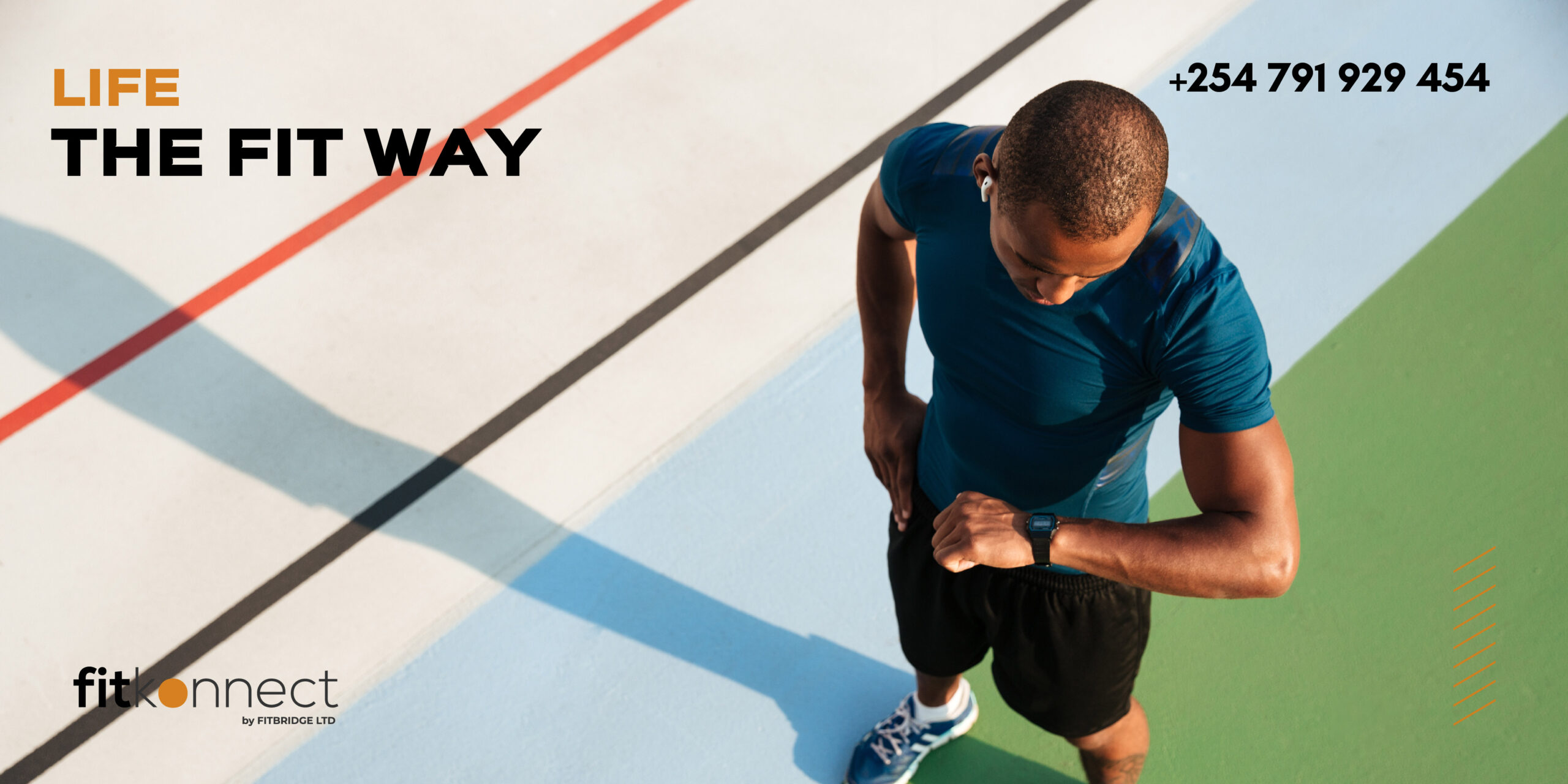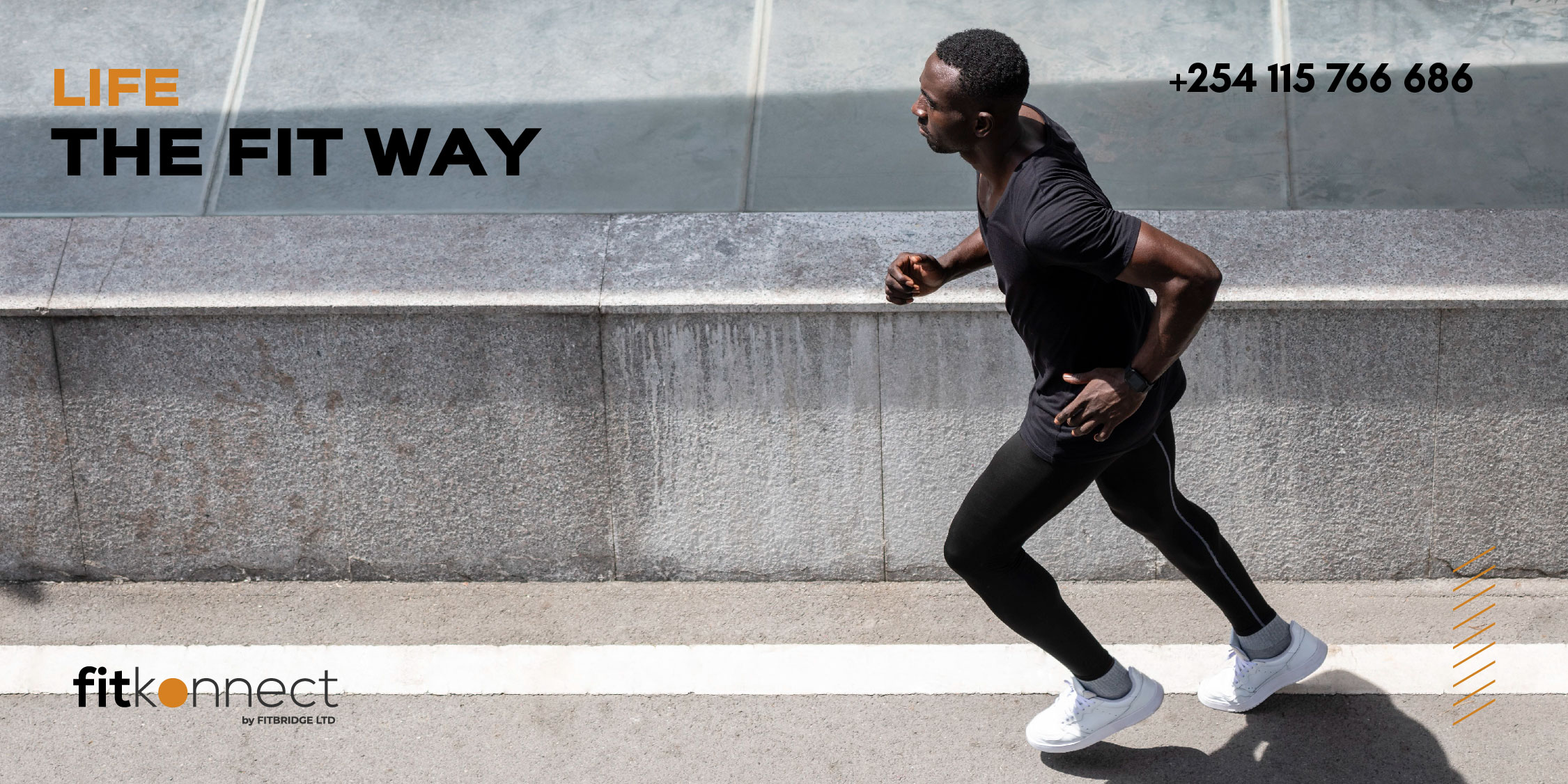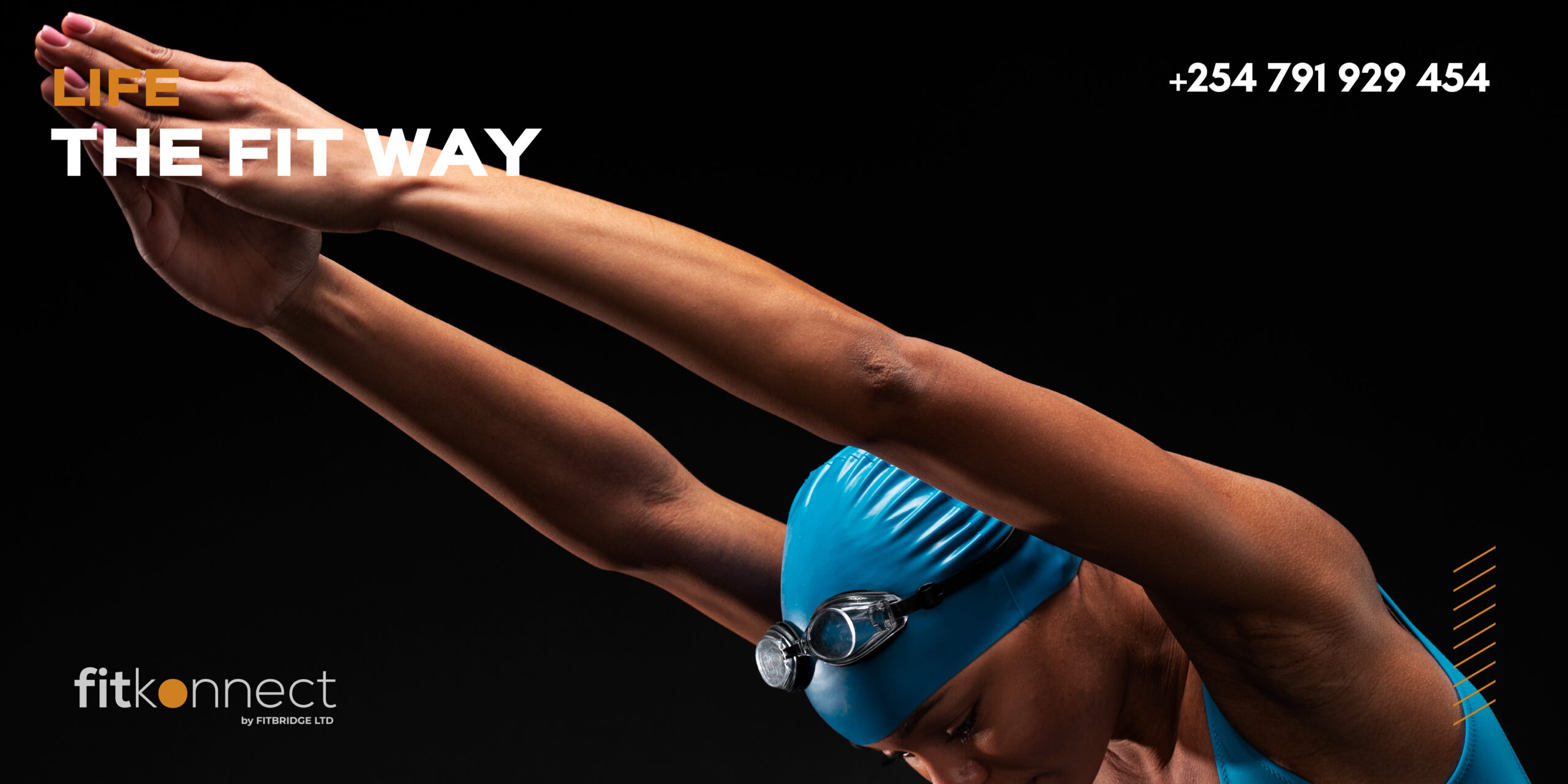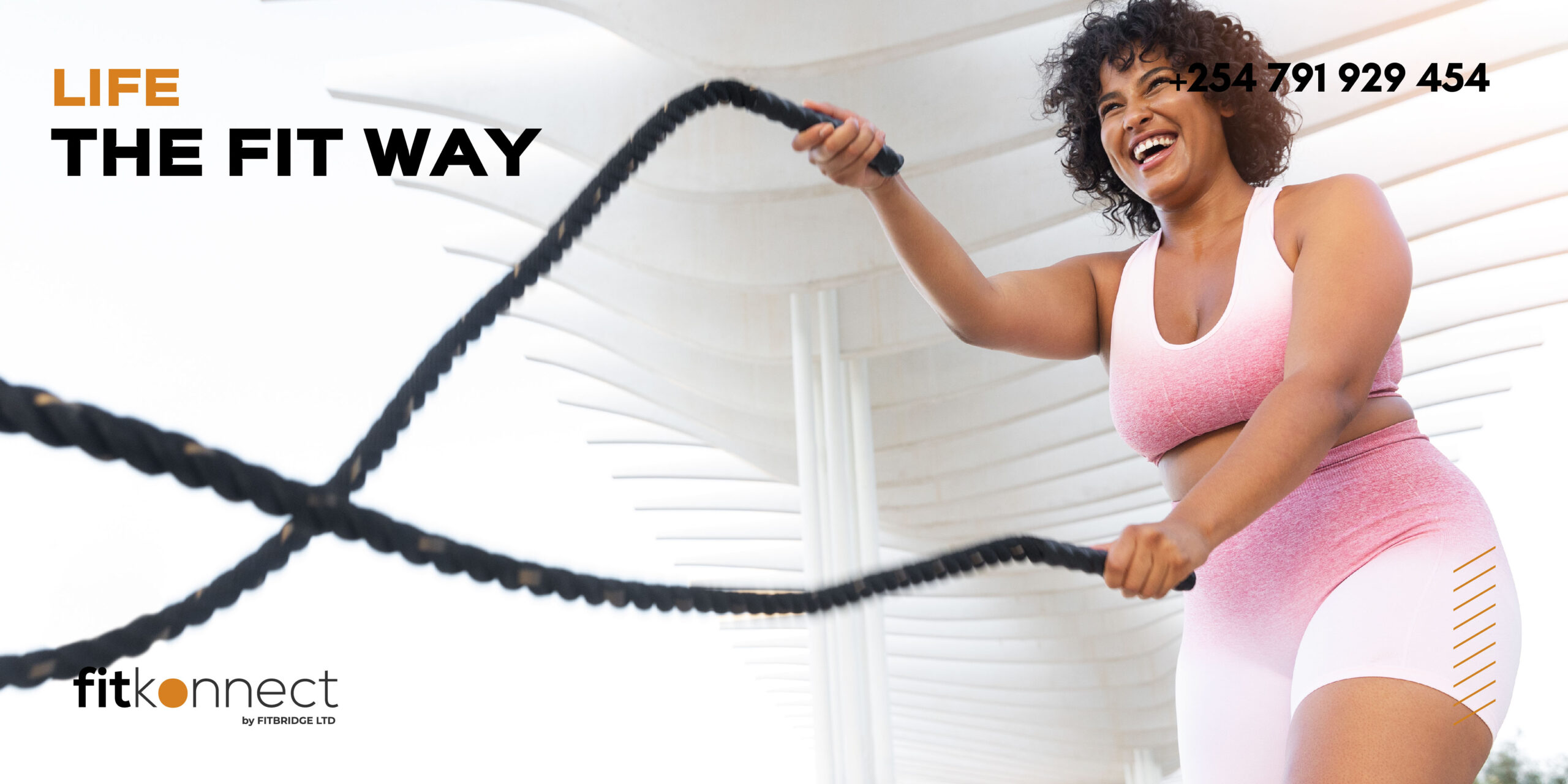
Staying Active at the Desk: Fitness Tips for Office Workers
October 7, 2023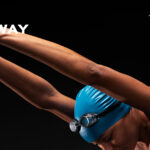
How to Swim Faster: 5 Tips to Improve Your Technique
November 1, 2023Fitness gadgets and wearables are becoming increasingly popular, with new devices hitting the market all the time. But with so many options to choose from, it can be difficult to know which devices are actually worth your money and which are just hype.
In this blog post, we will review and analyze the effectiveness of various fitness gadgets and wearables on the market, helping you make an informed decision about which device is right for you.
Types of fitness gadgets and wearables
There are a wide variety of fitness gadgets and wearables available on the market, each with its own unique features and capabilities. Some of the most common types of fitness gadgets and wearables include:
- Smartwatches: Smartwatches are wearable devices that can track a variety of fitness metrics, such as steps taken, heart rate, and calories burned. Some smartwatches also offer features such as GPS tracking, music playback, and mobile payments.
- Fitness trackers: Fitness trackers are typically more affordable than smartwatches, but they offer fewer features. However, fitness trackers can still be very effective at tracking basic fitness metrics such as steps taken, distance traveled, and calories burned.
- Heart rate monitors: Heart rate monitors track your heart rate throughout the day and during workouts. This information can help you to track your fitness progress and to ensure that you are working out at the correct intensity level.
- Activity trackers: Activity trackers are similar to fitness trackers, but they focus on tracking your overall activity level throughout the day. This includes tracking things like steps taken, distance traveled, and calories burned. Some activity trackers also offer features such as sleep tracking and stress monitoring.
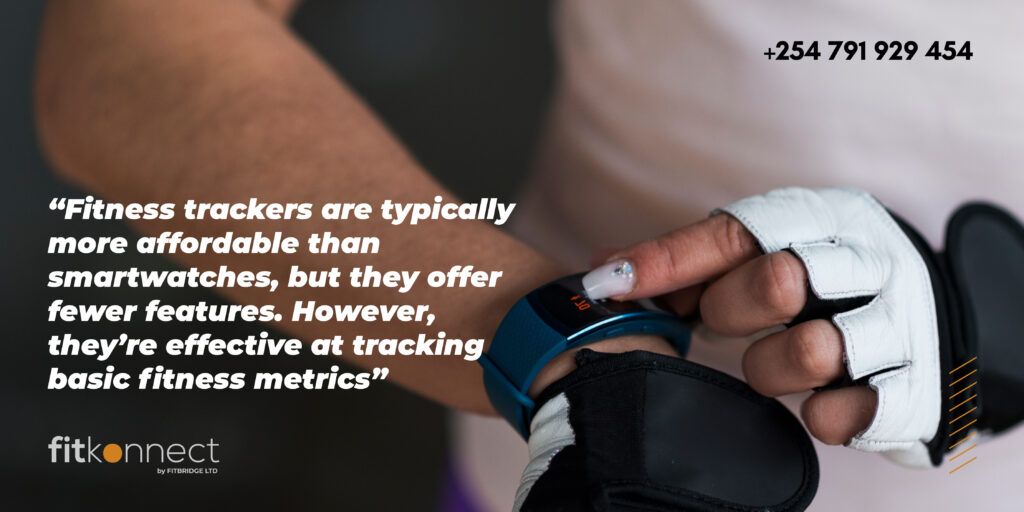
Effectiveness of fitness gadgets and wearables
The effectiveness of fitness gadgets and wearables varies depending on the device and the individual user. However, research has shown that fitness gadgets and wearables can be effective at helping people to lose weight, increase their physical activity levels, and improve their overall health and fitness.
For example, a study published in the Journal of the American Medical Association found that people who wore fitness trackers for six months lost more weight and increased their physical activity levels more than those who did not wear fitness trackers.
Another study, published in the journal Obesity Facts, found that people who wore fitness trackers for one year were more likely to lose weight and keep it off than those who did not wear fitness trackers.
How to choose the right fitness gadget or wearable
When choosing a fitness gadget or wearable, there are a few things you should keep in mind:
- Your budget: Fitness gadgets and wearables can range in price from a few thousand shillings to several thousands. It is important to set a budget before you start shopping so that you do not overspend.
- Your fitness goals: What do you want to achieve with your fitness gadget or wearable? If you are looking to lose weight, you will need a device that can track your calories burned. If you are looking to improve your cardiovascular health, you will need a device that can track your heart rate.
- Your lifestyle: Consider your lifestyle when choosing a fitness gadget or wearable. If you are active all day long, you will need a device that can keep up with you. If you are not as active, you may be able to get away with a more basic device.
Why Choose a Name-Brand Fitness Wearable?
When it comes to fitness wearables, it is important to choose a reputable brand. Generic brands may be cheaper, but they often lack the features, support, and warranties of name brands.
Here are a few reasons why you should choose a name-brand fitness wearable:
- Accuracy: Name-brand fitness wearables are typically more accurate than generic brands. This is because name brands invest more in research and development to ensure that their products are accurate and reliable.
- Features: Name-brand fitness wearables often offer more features than generic brands. This may include features such as GPS tracking, heart rate monitoring, and sleep tracking.
- Support: Name-brand fitness wearables typically offer better support than generic brands. This means that you can get help from the manufacturer if you have a problem with the product.
- Warranties: Name-brand fitness wearables typically offer better warranties than generic brands. This means that you may be able to get the product repaired or replaced for free if it breaks.
When choosing a fitness wearable, it is important to consider your budget and your needs. If you are looking for a high-quality fitness wearable that is backed by a good warranty, it is best to choose a name brand.
Here are a few tips for choosing a name-brand fitness wearable:
- Read reviews: Read reviews from other consumers before you buy a fitness wearable. This can help you to determine whether or not the product is right for you.
- Compare prices: Compare prices from different retailers before you buy a fitness wearable. You can also look for coupons and discounts online.
- Consider your needs: Think about what features are important to you in a fitness wearable. Do you need GPS tracking? Heart rate monitoring? Sleep tracking? Once you know what features you need, you can start narrowing down your choices.
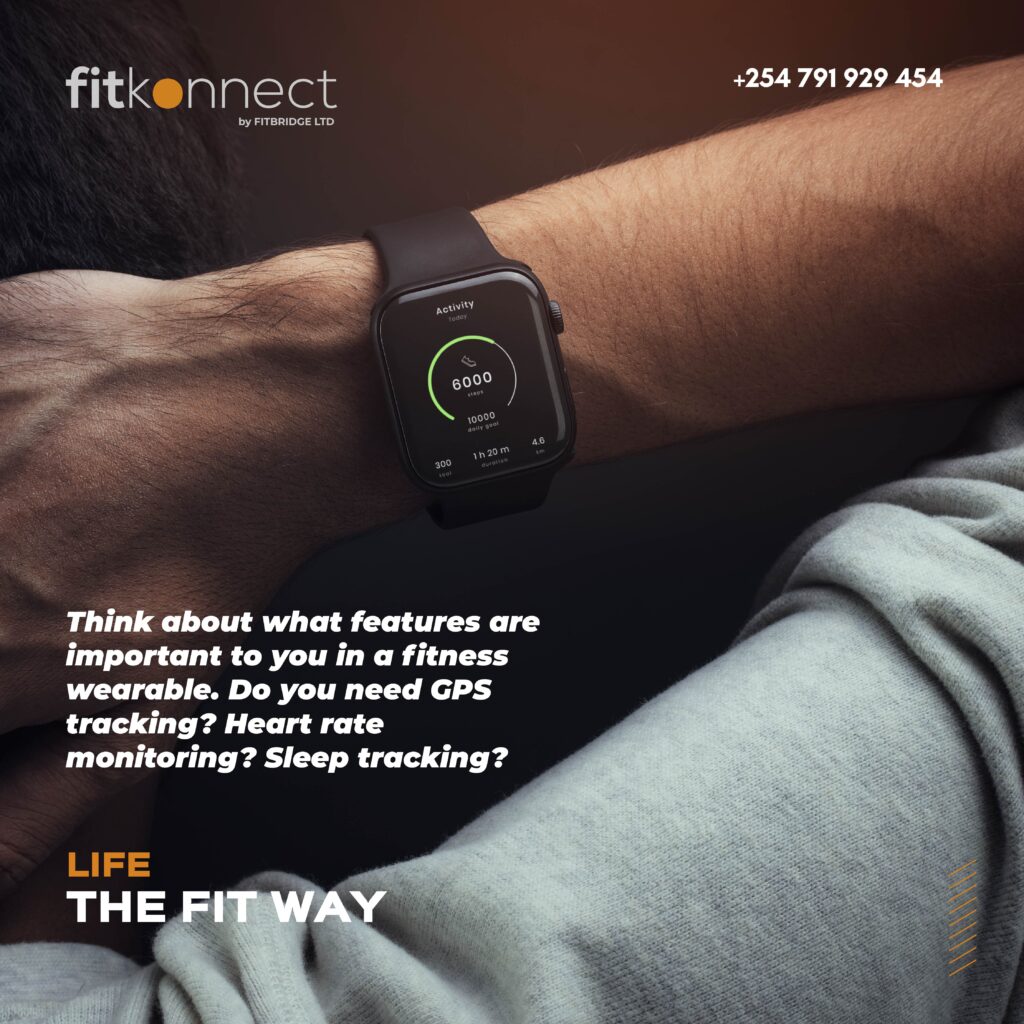
By following these tips, you can choose a name-brand fitness wearable that is right for you and your budget.
Fitness gadgets and wearables can be effective tools for helping people to improve their health and fitness. However, it is important to choose the right device for your individual needs and goals.
If you are unsure which fitness gadget or wearable is right for you, talk to your doctor or a certified personal trainer. They can help you to choose a device that is right for you and your fitness goals.


